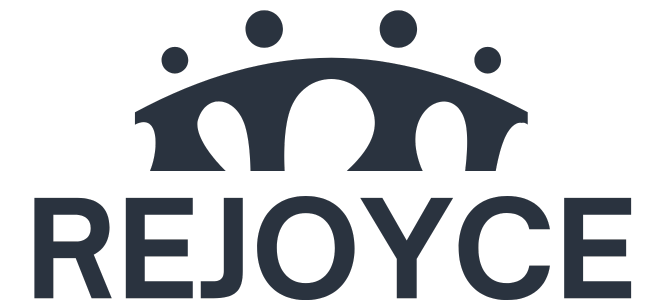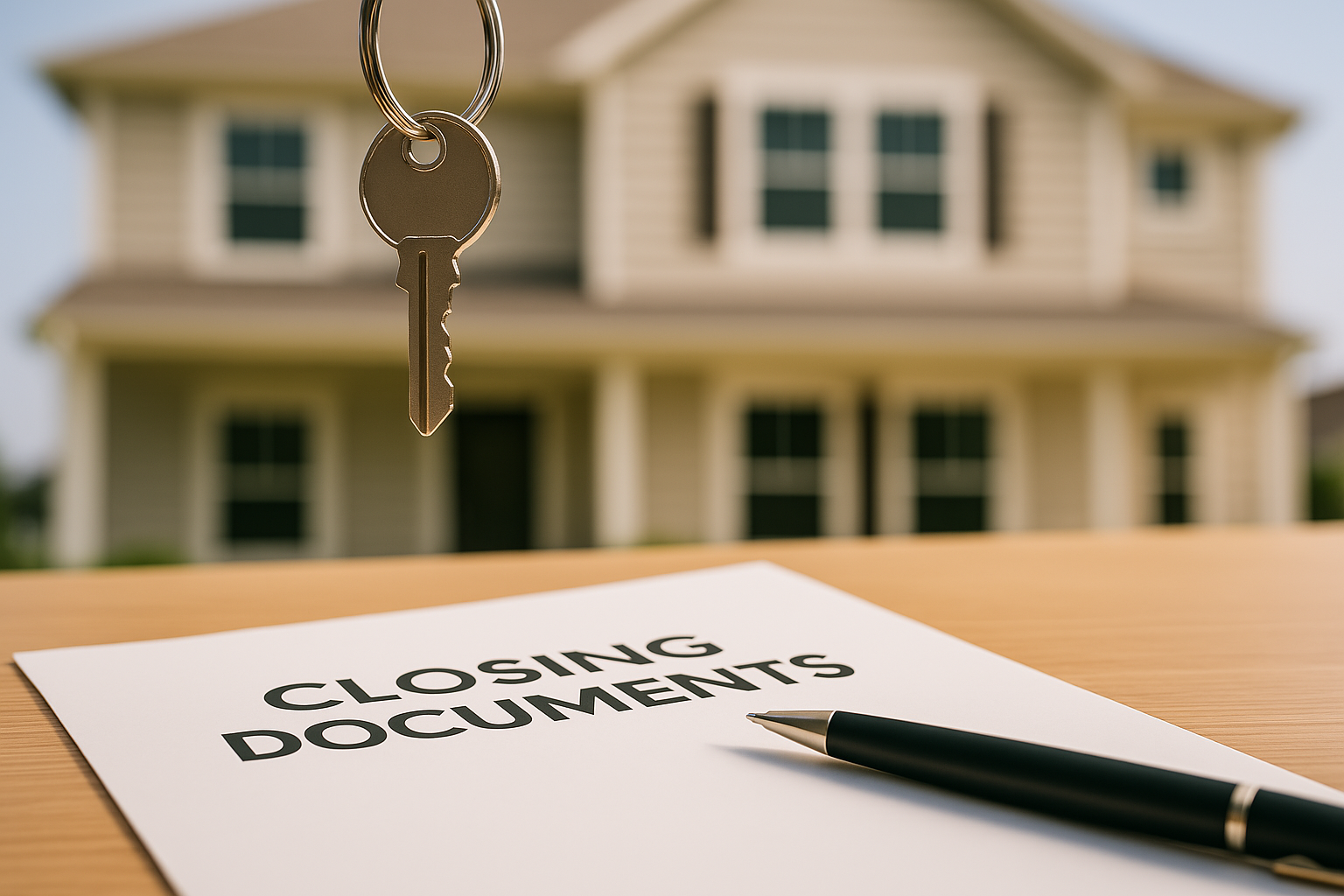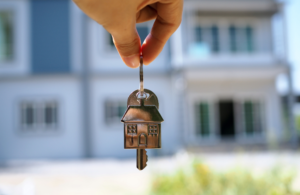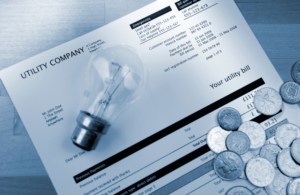From Tenants to Homeowners: A Step-by-Step Community Guide
At Rejoyce, we understand that the journey from renting to owning a home can be both exciting and overwhelming. In a state like New Jersey—where housing costs are often high and rental prices continue to rise—many individuals and families dream of becoming homeowners but may not know where to start or what resources are available. Homeownership not only provides housing stability and long-term financial security, but it also helps build stronger, more resilient communities. This guide outlines the key steps, strategies, and support systems available to help tenants in New Jersey make the transition to homeownership with confidence.
1. Understanding the Benefits of Homeownership
Owning a home is more than just achieving the “American Dream.” It provides a foundation for long-term financial growth, enables families to build equity, and creates a sense of permanence and control that renting often lacks. Studies consistently show that homeownership is associated with greater civic engagement, improved health outcomes, and stronger educational performance among children. For communities, increased homeownership can lead to safer neighborhoods and more stable local economies.
2. Preparing Financially
Before purchasing a home, it’s essential to evaluate your financial readiness. This includes reviewing your credit score—most mortgage lenders require a score of at least 620, though some programs accept lower. Improving your credit before applying for a mortgage can help you qualify for better interest rates. You should also focus on reducing debt to improve your debt-to-income ratio and avoid taking on new financial obligations. Establishing savings is equally important. You’ll need funds for a down payment, closing costs, inspections, and other out-of-pocket expenses. Some programs require as little as 3% down, and many offer financial assistance.
3. Exploring First-Time Homebuyer Programs in New Jersey
New Jersey offers several state and municipal programs designed to support first-time homebuyers. The NJHMFA First-Time Homebuyer Mortgage Program provides competitive mortgage rates and may include down payment and closing cost assistance. The Homeward Bound Program offers up to $15,000 in assistance to qualified applicants. Additionally, many cities and counties offer grants, tax abatements, or subsidized properties to help make homeownership more accessible. These programs can offer critical financial support for buyers who might otherwise be priced out of the market.
4. Getting Pre-Approved for a Mortgage
Pre-approval is a crucial step that shows sellers you are a serious buyer and helps you determine what you can afford. A lender will review your income, credit history, employment, and debt obligations. Securing pre-approval before you begin house hunting gives you a realistic price range and positions you more competitively when making offers.
5. Working With a Knowledgeable Real Estate Agent
A licensed real estate agent experienced in working with first-time buyers and affordable housing programs is an invaluable partner. They can help you find suitable properties, navigate the negotiation and contract process, and manage timelines and paperwork.
6. Searching for the Right Property
When house hunting, consider factors like price, location, property condition, and eligibility for housing programs. Location is key—proximity to schools, public transportation, and work are major considerations. Be open to starter homes, fixer-uppers, or properties eligible for renovation loans, such as the FHA 203(k). These options may offer affordability and long-term value growth.
7. Making an Offer and Conducting a Home Inspection
Once you find the right home, your agent will help you make an offer, often with contingencies for financing and inspection. A professional home inspection is essential, as it can reveal structural or mechanical issues that may not be visible at first glance. If necessary, you can renegotiate or walk away based on the results.
8. Closing on Your New Home
Closing involves signing legal documents, finalizing your mortgage, and officially transferring ownership. You’ll also be responsible for closing costs, which typically range from 2% to 5% of the home’s purchase price. Assistance programs can often reduce these expenses. In New Jersey, there are additional legal and regulatory steps in the closing process, so it’s important to work with professionals who understand local requirements.
9. Becoming an Engaged and Informed Homeowner
Homeownership is an ongoing responsibility. Staying informed about your financial obligations—such as taxes, insurance, and maintenance—ensures long-term success. We also encourage new homeowners to become active in their communities through neighborhood associations and local initiatives that promote safety, equity, and connection.
Rejoyce: Empowering Homeownership Through Education and Advocacy
At Rejoyce, our mission is to educate and empower New Jersey residents with the knowledge and resources they need to make informed decisions on the path to homeownership. While we do not offer direct financial or legal services, we are committed to connecting our community with reliable information, hosting public workshops, and advocating for housing stability and foreclosure prevention.
Through our online content and community outreach, we aim to raise awareness about homeownership and foreclosure prevention strategies; share updates on state and local housing programs; provide practical guides and tools to help tenants become informed buyers; and support community partners and initiatives that advance affordable housing.
To stay connected with our work or access our latest homeownership resources, please visit:
Email: [email protected]
Website: www.rejoycecommunity.org
By staying informed and engaged, New Jersey residents can take meaningful steps toward housing stability—and Rejoyce is here to help illuminate that path.




